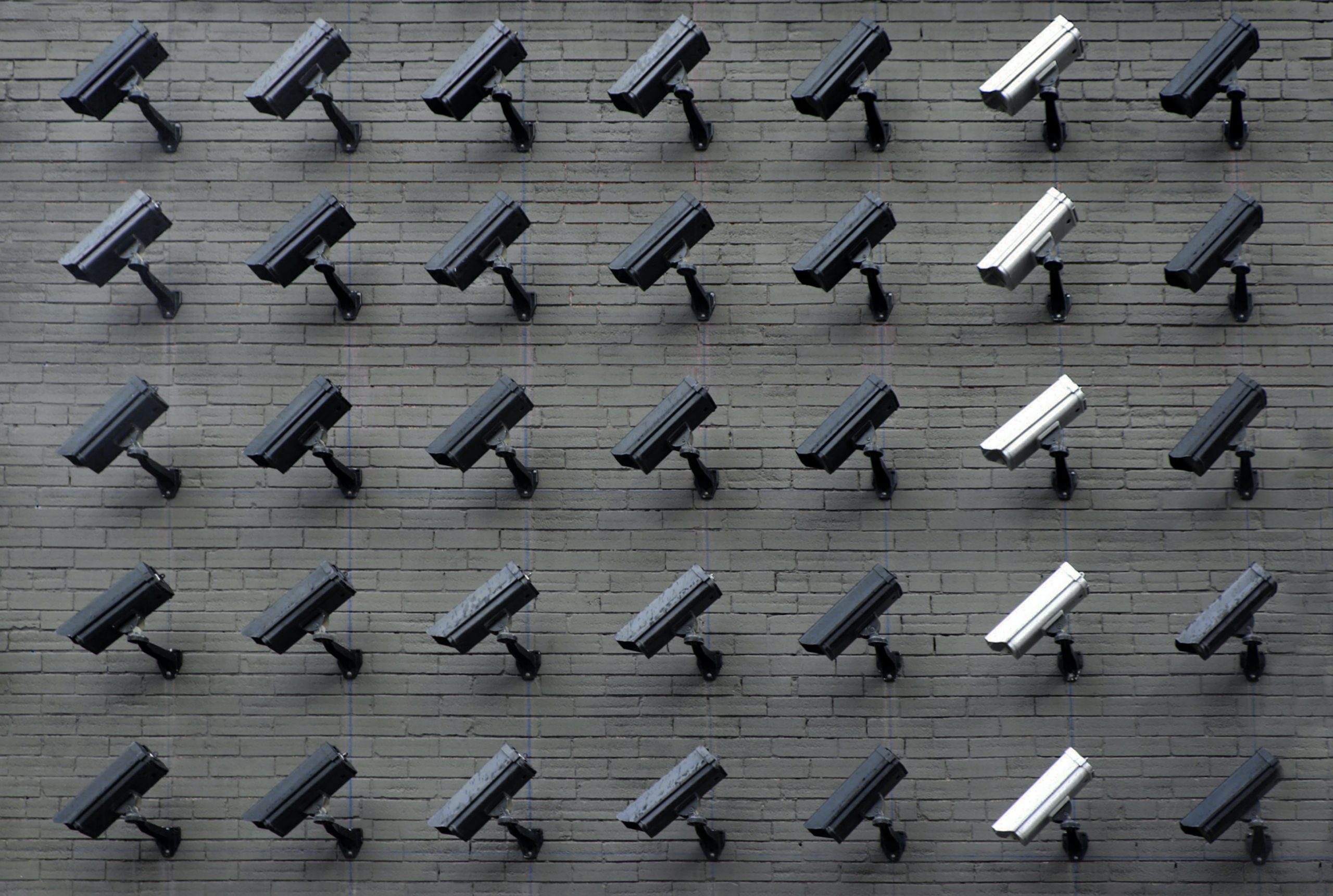Who’s watching? Denmark’s uncovered surveillance

On 24th August 2020 Denmark’s head of military intelligence, Lars Findsen, was abruptly suspended from his position as head of the Danish Defence Intelligence Service after whistleblowers handed over critical information to the authorities. The charges against Mr Findsen were that, on his watch, the Danish Defence Intelligence Service had been spying on Danish citizens for more than six years. [1]
In democratic countries like Denmark there are rules governing surveillance of civilians, and usually intelligence services have to obtain clearance from an independent watchdog. The Danish supervisory agency claims that Lars Findsen played an active part in withholding information or even deliberately misinforming them, leaving them in the dark.
Denmark’s Minister of Defence, Trine Bramsen announced that an investigation into the case would be launched with “the utmost seriousness“. The investigation would examine for how long the surveillance operation had been underway, how it was possible to circumvent the statutory checks and balances, and to whom the information about Danish citizens obtained had been passed. The investigation also plans to establish a whistleblower hotline.
According to Transparency International’s Corruption Perception Index, Denmark is the paragon of virtue in terms of corruption. It is ranked first of 198 countries in 2019.[2] To compare, Germany is ranked #9, Japan #20, United States of America #23, China #80, Russia #137, Iran #146 and Yemen #177. Yet even here, it took six years and a concerted whistleblowing campaign to bring the perpetrator to justice. In Denmark’s case, the whistleblowers had somewhere to turn and could trust that their concerns would be addressed. The question is what happens in countries where there is already less transparency. Here, it is usually wiser for individuals to self-sensor. Whistleblowing, political dissent and the dissemination of any ideas that might in some way challenge government, its politicians or anyone closely connected to them can be a dangerous game.
In a Corset Economy, where the mass middle is increasingly squeezed, people have ever diminishing ability to challenge the actions of the state. The freedoms which our ancestors were prepared to lay down their lives for, are being fast eroded. According to the Nobel prizewinning economist, Amartya Sen, development means freedom—the freedom to choose the life one wants to live without fear or deprivation. He defines five freedoms: political freedom, economic facilities, social opportunities, transparency and security. Sen argues that poverty is not simply about low income: capability deprivation is a better measure.[3]
Once freedoms are eroded, the checks and balances of a democratic society that are so taken for granted disappear and repression takes root. Those in power will always choose to stay in power and take the steps necessary to retain it in their grasp. This leads to repression of those who challenge the status quo. This is one future world, the world of Surveil-State.
[1] Danish military intelligence head Lars Findsen suspended. BBC News, 24 August 2020. https://www.bbc.co.uk/news/world-europe-53889612
[2] Transparency International Corruption Perception Index. https://www.transparency.org/en/cpi/2019/results/dnk
[3] Sen, A (2001) Development as Freedom. Oxford University Press.
